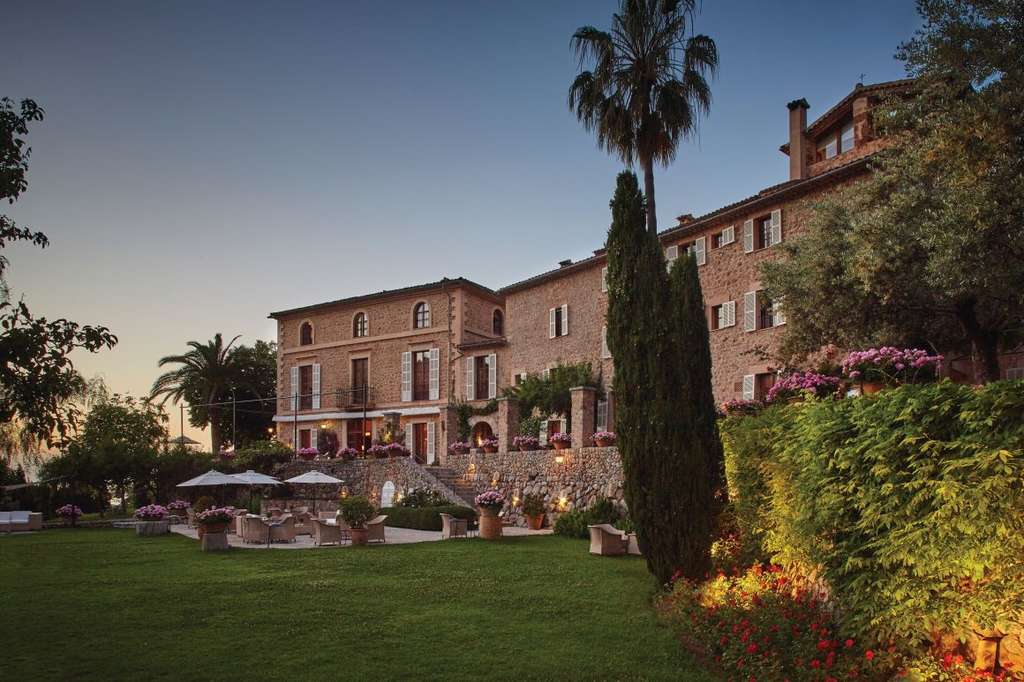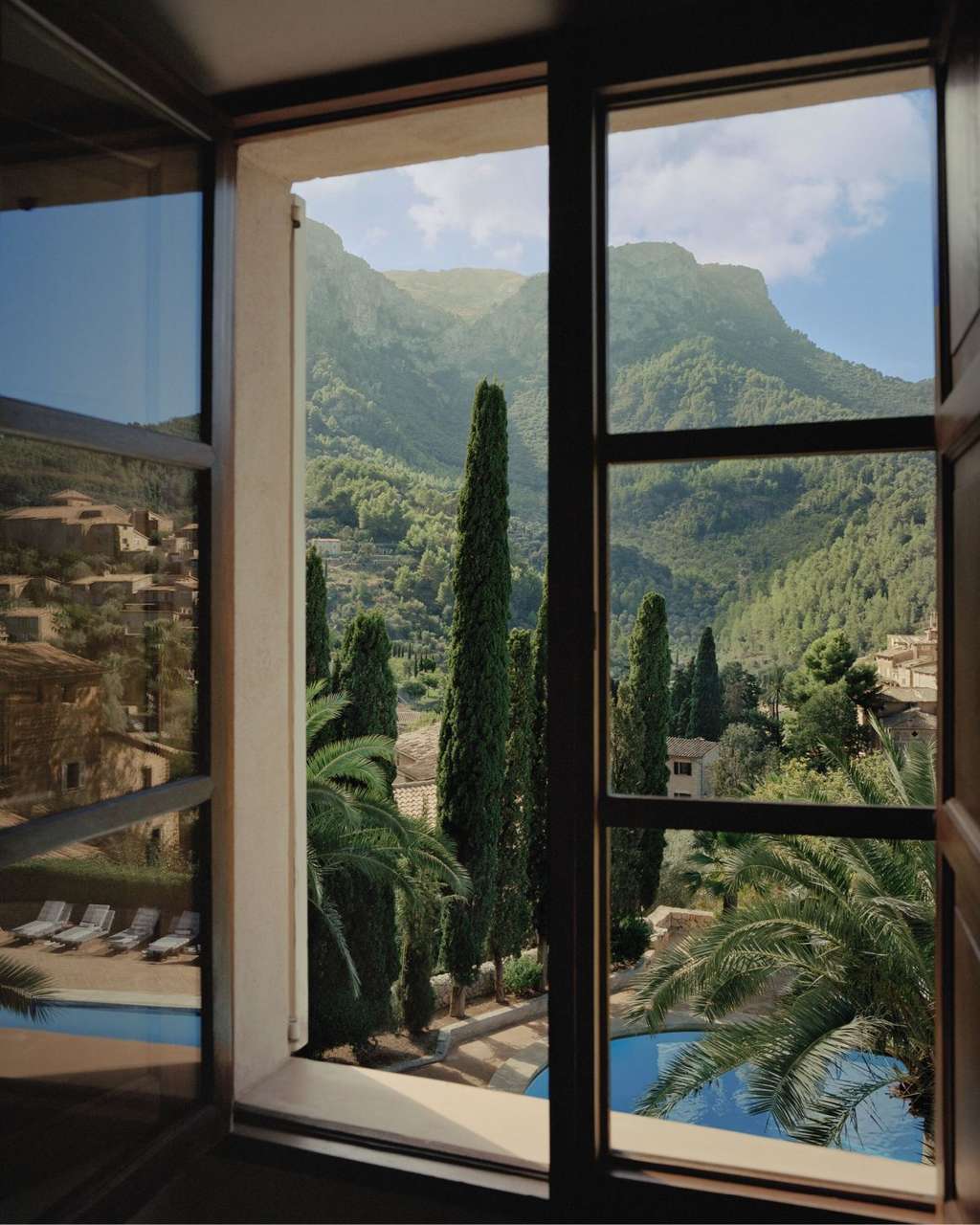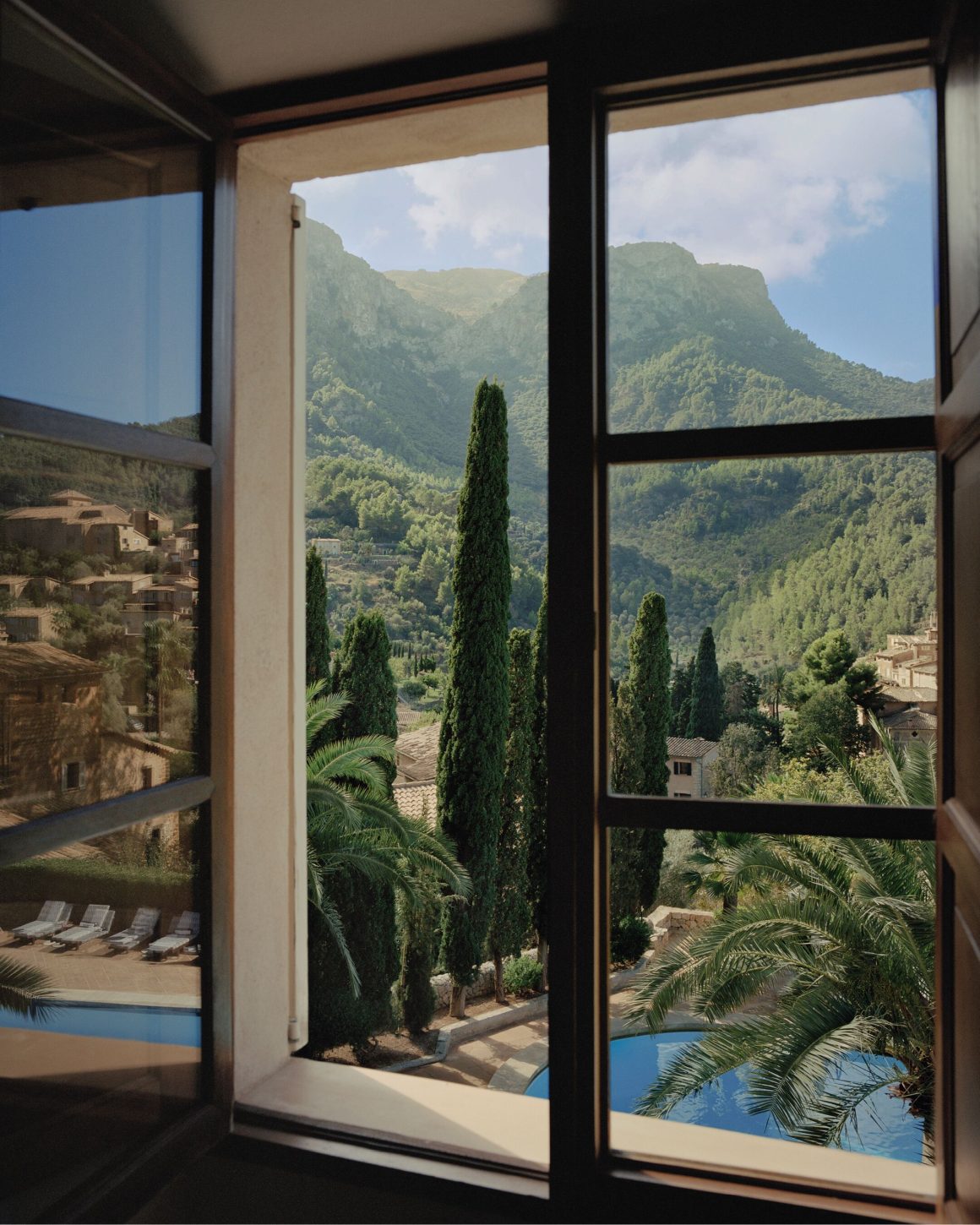In today’s dynamic world the merging of luxury and technology brings challenges and opportunities for many hotels. Thomas Moons, Area Managing Director for Spain and Portugal at Belmond Hotels, shares his insights into how technology reshapes luxury hospitality without losing the human connection at its heart. In this interview, we explore how Belmond strikes the delicate balance between technological advancement and the personal touch, ensuring each guest’s experience remains unique, authentic, and memorable.
Thomas brings a wealth of knowledge in luxury hospitality, with a strong focus on guest experience, sustainability, and team empowerment. Under his leadership, Belmond properties in Spain and Portugal are pioneering new approaches to integrating technology while maintaining the charm and tradition that make their properties distinctive.
Takeaways
Balancing tech and empathy: Technology enhances convenience but never replaces the human touch.
Empowering staff: Automation frees staff to focus on meaningful guest interactions.
Simplified automation: Room automation should be intuitive, enhancing the guest experience.
Sustainability focus: Balancing sustainability with guest expectations through efficient systems.
AI as a tool: AI supports personalisation but doesn’t replace human warmth.
Leadership and philosophy
Empathy and emotional intelligence: How do you balance the personal touch that luxury guests expect with the increasing reliance on technology in the hospitality industry?
This involves integrating both elements seamlessly. We use technology to enhance convenience through advanced booking systems and smart room features while ensuring these solutions complement our personalised service. Our emotionally intelligent team leverages technology to gather insights into guests’ preferences, enabling us to tailor experiences to their needs. An example of this is the integration of AI in our concierge department, which we hope to integrate in 2025. Despite technological advancements, we prioritise face-to-face interactions, and therefore we do not allow AI to respond on our behalf. It merely evaluates the request and drafts a suggested response based on the historical data that we provide. In the end, our team always has to read through and validate a response. Ultimately, technology supports our commitment to exceptional, personalised service, ensuring every guest feels valued and cared for. It does not replace the human connection.
Building dream teams: How do you see technology playing a role in empowering your team while preserving the human connection that defines luxury service?
Technology is crucial in empowering our team by automating predictable tasks, allowing our experts to focus on delivering exceptional, humanised service. By streamlining routine processes such as reservations and pre-arrival communications, technology frees up our team to concentrate on personal interactions that define luxury service.
Our approach is to use technology to handle the predictable, ensuring efficiency and accuracy, while our emotionally intelligent team members bring a wealth of experience to humanise the exceptional. For instance, digital tools can manage guest preferences and provide data insights, but it’s our team that uses this information to create personalised experiences and meaningful connections.
Technology in luxury hospitality
Luxury vs. budget technology: In your experience, how does the role of technology differ between luxury hotels and budget accommodations? Are there commonalities?
In both luxury and budget accommodations, technology facilitates pre-arrival communication and gathers guest information. The key difference lies in the execution. Luxury hotels use this information proactively to enhance the guest experience. For instance, if a guest indicates a food allergy, luxury hotels adjust amenities and menus ahead of arrival to ensure a personalised experience. In contrast, in my personal experience, budget accommodations may collect similar information but often do not act on it as proactively. The focus in budget hotels is more on efficiency and basic comfort rather than personalised luxury.
Future of room automation: What’s your stance on room automation for luxury hotels? Are there limits to how much automation should be introduced?
In today’s world, technology is inevitable, especially for energy-efficient systems and sustainability reasons. However, in luxury hotels, I believe in keeping automation simple and user-friendly. Overcomplicating systems can be frustrating for guests. For example, our new lighting system is state-of-the-art, yet guests only see three switches: on, off, and dim. This simplicity ensures ease of use without sacrificing advanced functionality. Practicality is key—automation should enhance the guest experience without adding unnecessary complexity. Let’s not overcomplicate things that should remain simple.
Balancing innovation and tradition: How do you integrate cutting-edge technologies without losing the historical and artistic essence of a property like La Residencia?
Integrating technologies while preserving the historical and artistic essence of a property like La Residencia requires a thoughtful approach. The property, resembling a traditional Mallorcan finca, maintains its charm and authenticity even with technological advancements. We ensure that technology is primarily a back-of-house addition, enhancing operations without altering the traditional ambience. By keeping visible technology to a minimum and focusing on behind-the-scenes improvements, we preserve the traditional Mallorcan home feel.
Guest experience
Personalisation at scale: With AI becoming a vital tool, how do you ensure personalised guest interactions remain authentic and impactful?
AI supports the human connection by enabling us to gather and analyse guest preferences more efficiently, but it does not replace the personal touch. It helps us understand guest needs and preferences, allowing our team to tailor experiences more effectively. However, every interaction is ultimately handled by our emotionally intelligent team members, who bring warmth and empathy to each encounter. This approach ensures that while AI enhances our capabilities, it is the human touch that maintains the authenticity and impact of our personalised service.
Experiential luxury: Guests now seek more experiential luxury. How do you see technology enhancing these unique, memorable experiences?
Technology enhances convenience and customisation, but memorable experiences stem from moments of joy, discovery, and connection. In essence, technology supports, but genuine human connections and unique experiences define experiential luxury.
Sustainability and tech: How are you balancing sustainability efforts with guest expectations, and how does Belmond La Residencia address this challenge?
We balance sustainability efforts with guest expectations by focusing on efficient back-of-house systems and thoughtful front-of-house initiatives. Back-of-house, we implement energy-efficient building maintenance systems, reduce water consumption, and eliminate gas and oil usage. These measures help us operate sustainably without compromising guest comfort. Front-of-house, we provide reusable water bottles, 100% locally made bathroom amenities, and linen programs. Additionally, we engage guests in Corporate Social Responsibility activities, allowing them to participate in our sustainability efforts. Combining these approaches, we address sustainability challenges while meeting guest expectations, ensuring a luxurious and eco-friendly experience.
Challenges and opportunities
Reputation management: Online reviews can be challenging for exclusive properties. What role can technology play in managing guest expectations and mitigating negative feedback?
This is crucial for luxury properties. We already utilise systems that centralise feedback, allowing us to see trends and act upon them promptly. AI is instrumental in evaluating individual reviews efficiently, transforming what would be a daunting task into manageable insights. By leveraging AI, we can quickly identify areas for improvement and address guest concerns proactively. This ensures we maintain high standards and continuously enhance the guest experience, effectively managing our reputation and meeting guest expectations.
Data utilisation: What role does guest data play in shaping operational decisions, and how do you ensure it is used responsibly?
Guest data plays a crucial role in shaping our operational decisions. By analysing feedback per room or room type, we can pinpoint specific areas for improvement and take targeted actions to enhance the guest experience. We ensure the responsible use of this data by maintaining strict privacy standards and using the information solely to improve our services.
Future trends
Post-pandemic travel: How has the demand for more private, flexible accommodations shaped your technology strategies?
We introduced electrostatic cleaning, integrated more QR codes, and developed a travel app to reduce printed collateral. However, we recognise that not all guests prefer digital information and apps. As a result, we are reintroducing printed materials to cater to all preferences, ensuring a balanced approach that meets the diverse needs of our guests.
AI and Guest relationships: You’ve expressed caution about AI. Can you elaborate on the risks of overusing AI in guest interactions and where you see its potential value?
Overusing AI in guest interactions carries the risk of guests not feeling personally appreciated and receiving standard responses. Personalised experiences and interactions are core to our identity, and it’s essential to maintain this human touch.
Bridging luxury and technology
Defining boundaries: With increasing demand, how do you use technology to prioritise guest exclusivity while managing external pressures for access to your property?
We have taken decisive measures to prioritise guest exclusivity while managing external pressures for access to our property. We are literally closing the gates for external business to ensure an exclusive experience for our guests. Our systems enable us to limit the number of outside guests, prioritising hotel guests first. This initiative has already begun and will be further developed. We are responsible for providing our hotel guests with an exceptional and private experience. If space allows, we are happy to welcome passers-by, but our primary focus remains on the exclusivity and comfort of our hotel guests.
You’ve previously cited the Mandarin Oriental in Bangkok as a benchmark. What technology or practices from there would you like to adopt or adapt at La Residencia?
You have done your research! I did indeed mention the Mandarin Oriental in Bangkok as a benchmark, but that was years ago. I would need to revisit and check out their current practices and technologies to see what might be relevant and beneficial for La Residencia today.
What role do you see technology playing in the next decade for luxury hotels, and how do you think it will redefine the concept of “luxury”?
In the next decade, technology will play a crucial role in redefining the concept of luxury in hotels by automating the predictable and personalising the exceptional. AI and other advanced technologies will support our operations, making processes more efficient and allowing us to gather and analyse guest data more effectively. However, the essence of luxury will remain in the personalised guest experiences we provide. AI will assist, not replace, our emotionally intelligent team, ensuring that each guest interaction is meaningful and tailored to individual preferences. We will continue to focus on sustainability, exclusive experiences, and the human touch that defines our service.
Conclusion
Thomas generously offers a comprehensive look into how luxury hospitality evolves with technology. Under his leadership, Belmond Hotels aims to seamlessly integrate technological advancements to elevate the guest experience while ensuring that the human touch remains at the core of luxury.
From empowering teams with efficient systems to enhancing personalised services with AI, Thomas emphasises that technology in luxury hospitality must be an enabler rather than a replacement for genuine, humanised service. Ultimately, Belmond’s approach to the intersection of luxury and technology combines tradition, innovation, and an unwavering commitment to creating memorable guest experiences.
Belmond Hotels is a Shiji ReviewPro and Infrasys customer.
About Shiji Group
Shiji is a multi-national technology company that provides software solutions and services for enterprise companies in the hospitality, food service, retail and entertainment industries, ranging from hospitality technology platform, hotel property management solutions, food and beverage and retail systems, payment gateways, data management, online distribution and more. Founded in 1998 as a network solutions provider for hotels, Shiji Group today comprises over 5,000 employees in 80+ subsidiaries and brands in over 31 countries, serving more than 91,000 hotels, 200,000 restaurants and 600,000 retail outlets. For more information, visit www.shijigroup.com.
View source








